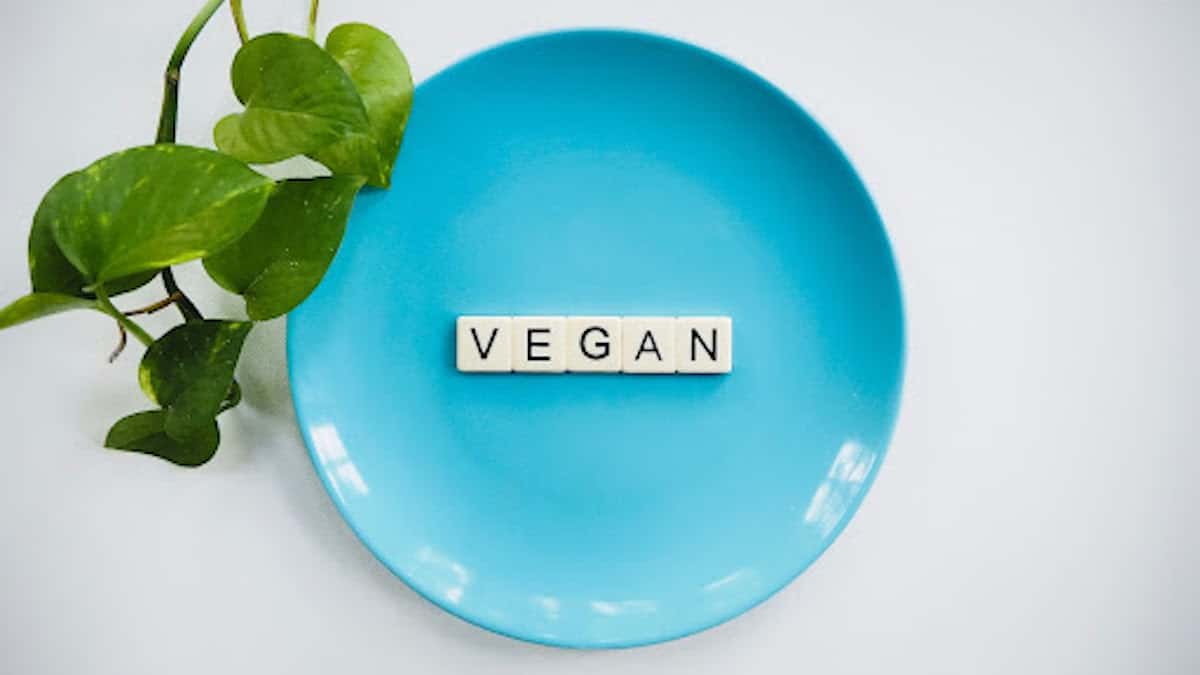The late great chef, writer, and journalist Anthony Bourdain was not one to mince words about certain diets. In his book Kitchen Confidential (2000) he writes, “Vegetarians, and their Hezbollah-like splinter faction, the vegans, are a persistent irritant to any chef worth a damn. To me, life without veal stock, pork fat, sausage, organ meat, demi-glace, or even stinky cheese is a life not worth living. Vegetarians are the enemy of everything good and decent in the human spirit and an affront to all I stand for, the pure enjoyment of food.” Bourdain’s vitriol against vegans is felt by plenty of others who perhaps take a less aggressive tone but are likewise put off by people who sometimes make for “bad travelers and bad guests.” Interestingly, Bourdain’s admirers included many who completely disagreed with his anti-vegetarian or anti-vegan sentiments. The late food and travel writer and host of CNN’s Parts Unknown won hearts with his passion and love of people and their traditions. When future generations look back on Bourdain, they may observe that his kindness to people was not – for a long time – emulated by vegan activists, some of whom gave the impression that they loved animals while forgetting to love their fellow humans.
That said, those future generations will likely not agree with any of the late celebrity’s takes on vegans or vegetarians as the tide of change has now, to use a lazy analogy, become a tsunami. By 2040, some estimates have only 40% of the world continuing to eat meat. And stats show the great majority of those who have already given up animal protein say they did so because they are motivated by concern for animal welfare, followed by health and then the environment. But few to no vegan converts say they quit meat because they despised its tastes and textures. In a perfect world where they could be sourced without harming an animal or the environment, all but a very select minority would continue to enjoy those foods that Anthony Bourdain so loved and called “a source of joy.” That perfect world is closing in. We are already at a place where vegan meat substitutes are being championed by barbecue experts and celebrity chefs including Marco Pierre White. White is the author of White Heat, a ’seminal’ cookbook for many in the restaurant industry, and in numerous interviews the book was repeatedly cited by Bourdain as a major influence. In late 2021, the Guardian reported on an event at Marco Pierre White’s restaurant in Leicester Square where the celebrity chef invited investors, connoisseurs, as well as former winners of MasterChef to taste ‘alternative meat’ created with a 3D printer.
It seems clear that when you have convinced the godfather of celebrity chefs – and a man once described as an “unabashed carnivore” – to not just bless but promote a meat substitute product based on its taste and texture rather than on ethical or environmental concerns, that we are standing on the threshold of a new era. Some have termed new vegan meat products “a whole new animal” or “a different species.” These plant-based offerings come from startups that only began creating artificial meat in 2020, but who did so with a radically new mission statement. Yes, they want to save the environment and promote animal welfare, but that comes second to producing alternative meat that wins because of its meatiness. “The 3D-printed beef substitute,” Reuters reported in November 2021, “was rolled out in Israel, as well as Germany, the Netherlands and the United Kingdom. A mix of soy and pea protein, chickpeas, beetroot, nutritional yeasts and coconut fat, it mimics flank steak, which is also known as bavette … The company plans to build five factories across Israel, Europe, the United States and Asia in the coming few years … As technology advances and improves the taste and variety of alternative meats, sales in the sector could reach $140 billion by 2029, about 10% of the world meat market, Barclays estimates.”
The best vegan deli meat could be seen as brands for vegan are rising now. This provides an alternative for those who are missing some “meat” on their food. A vegan product capturing ten percent of the world’s meat industry is a feat almost beyond old-school activists’ imaginations. Thinking five years down the road, it’s a fair assumption that the technology already developed that now prints layers of ‘alternative fat’ or ‘alternative muscle,’ and the AI programs that control those 3D printers will only get better – while at the same time the price of the products will drop as production ramps up. It’s impossible to say what Anthony Bourdain would have made of new ‘new meat.’ He might have been won over as was chef Marco Pierre White, or he might have resisted and repeated his quip about a “Soylent Green future.” Some will never come around, just as some will never accept cryptocurrency or NFTs. Like virtual money and owned-in-the-cloud artwork, however, ‘alt meat’ is blurring the line between what’s real and what’s artificial as we enter a future that might not care that much about such lines. As one writer noted, “If a kabab looks, tastes, smells, and even cooks like a kabab… is it not a kabab?”


